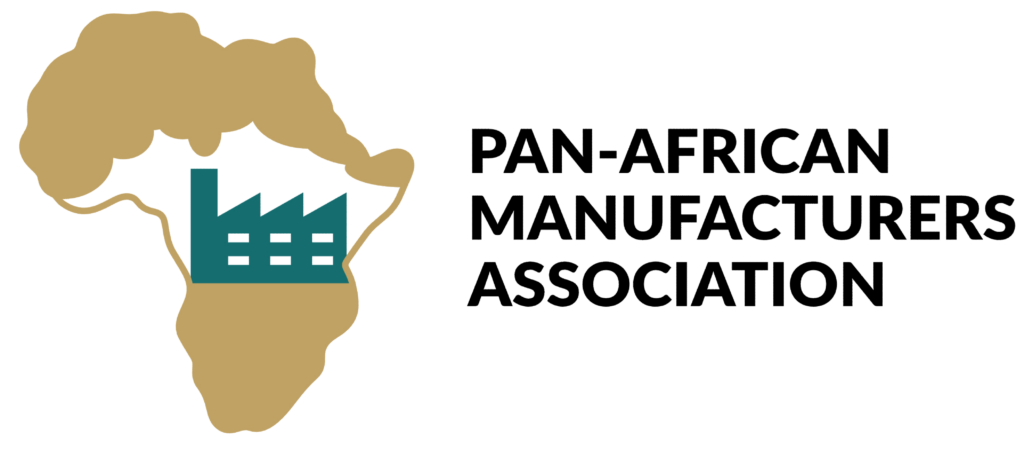Foreign direct investment (FDI) inflows into Africa’s manufacturing sector is set to grow modestly by four per cent in 2025, says Pan-African Manufacturers Association (PAMA).
This is as global investors seek opportunities amid improving economic conditions and the potential spillover effect of the trade shift in the West towards Africa. The association stated this in its News Bulletin for January 2025 edition. It noted that, “in 2024, Africa’s manufacturing sector faced a lot of macroeconomic hurdles that significantly affected its performance.
“Despite the tough environment, some countries like Morocco, South Africa, and Egypt still showed a bit of resilience due to a diversified industrial base. Based on the African Development Bank report, manufacturing contributes around 11 per cent to Africa’s GDP in 2024.”
The Bulletin added that, “there are signs of performance improvement and better strategic opportunities for Africa’s manufacturing sector in 2025, supported by growing investment in local production, deeper regional market integration through tighter implementation of initiatives like the AfCFTA, and broader adoption of human-machine collaboration.”
It said, the manufacturing sector is expected to grow moderately in 2025, driven by increased regional integration buy-in, technological upscaling, increased investor confidence, growing investment interest in local production, and a renewed push for zero-defect manufacturing to reduce waste and improve efficiency.
It emphasised that, “while Africa will remain among the least exposed to the emergence of the protectionism wave in US international trade policy, we strongly expect the US-China trade tensions to fuel foreign investment inflows in Africa, with a focus on automotive, textiles, and electronics manufacturing. We expect Africa’s cross-border value chains to expand, particularly in agro-processing, textiles, metallics, and automotive.”
PAMA noted that, “export price inflation of manufactures is expected to decline significantly especially in the second half of the year as global disinflation continues to feed deeply into the system.”
The association, however, said the geopolitical landscape and ongoing conflicts will still pose risks that could deter potential investors to key sectors of interest.
PAMA called on the African government to strengthen regional integration and industrial policies, urging the government to create a favourable investment climate by improving ease of doing business, offering tax incentives, and providing guarantees against political risks to attract global investors.
“Diversify trade routes and invest in alternative transportation infrastructure to reduce dependence on high-risk sea routes like the Red Sea. Also, scaling up the regional air freight and rail networks to complement sea freight. Prioritise infrastructure improvements, particularly in transportation and energy, to support efficient manufacturing operations,” PAMA urged.
